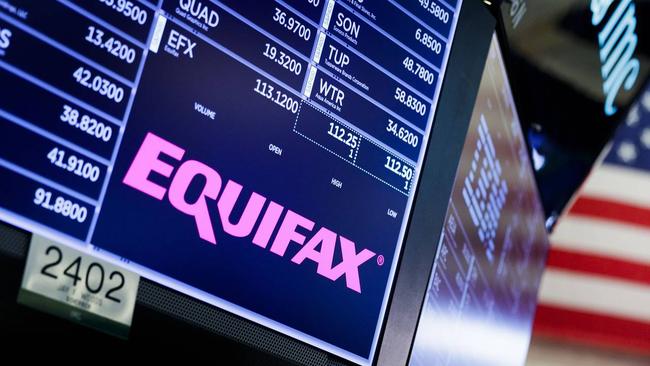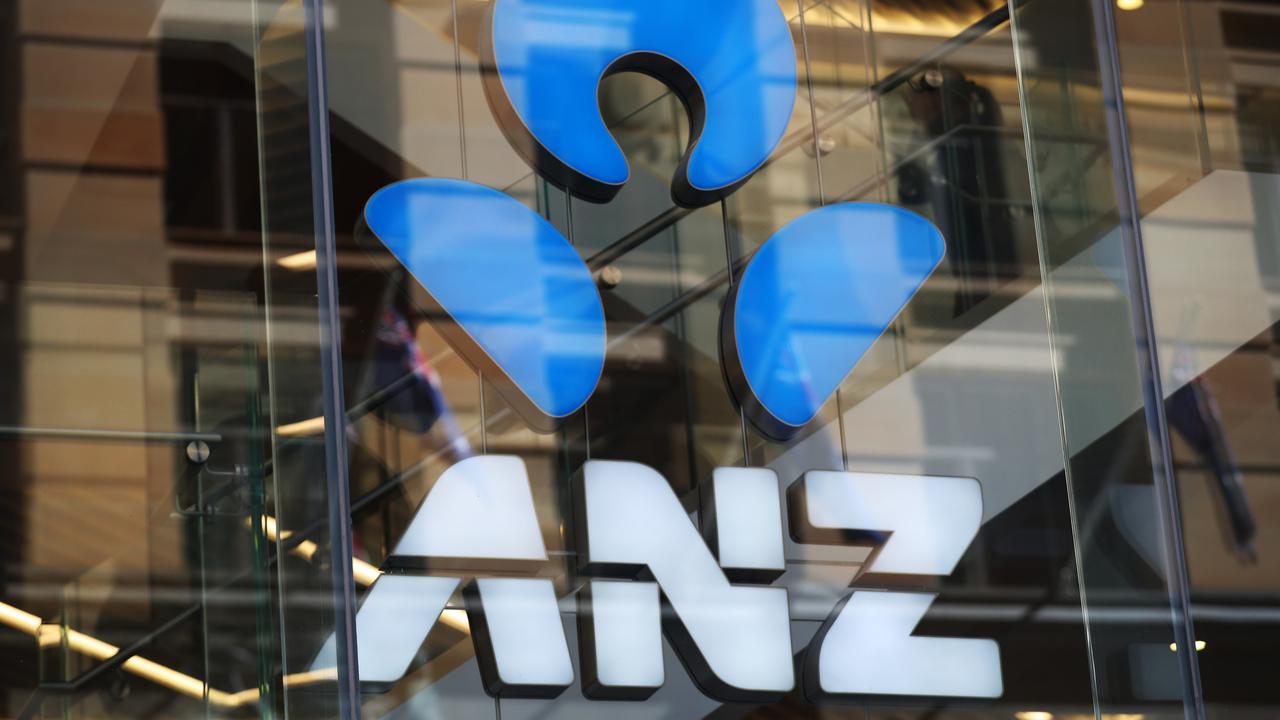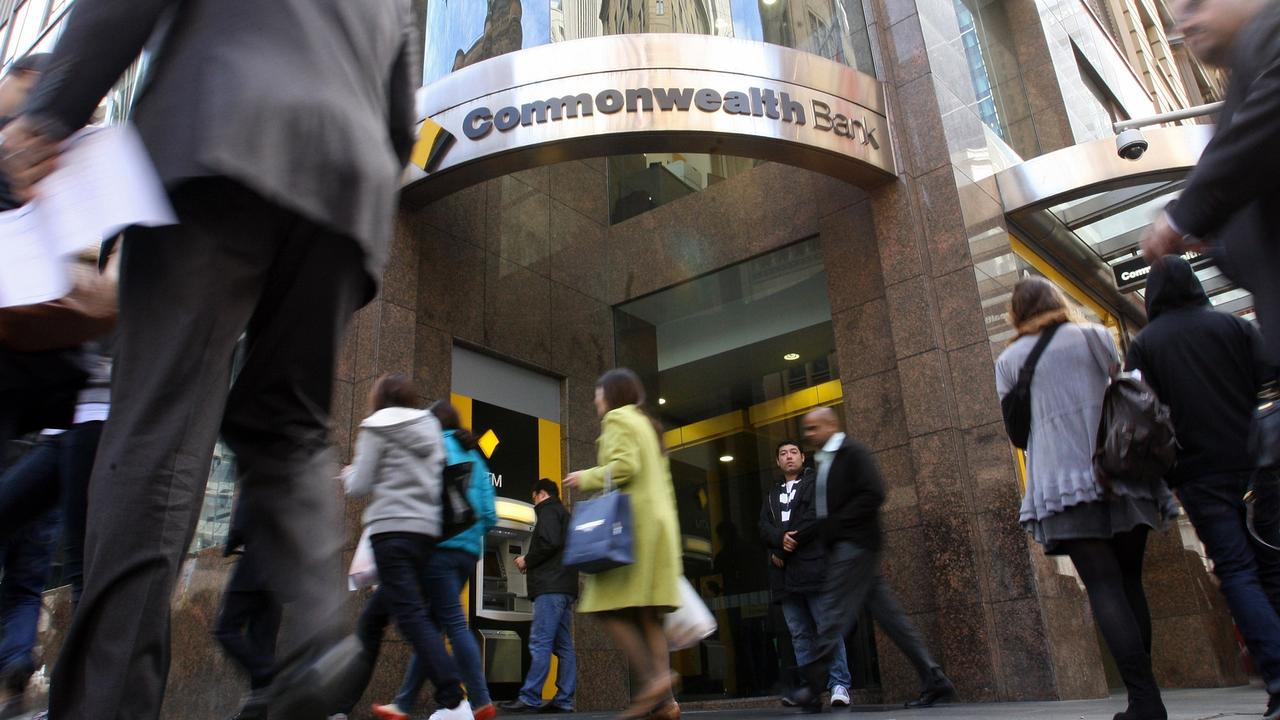
As interest rates rapidly rise and more rigorous credit checks for loans are conducted, it’s highly worrying that a company providing credit scores is caught wrong-footed on data and technology.
New York-listed Equifax, the dominant credit score provider in Australia, is embroiled in controversy after potentially providing inaccurate credit scores to millions of US consumers.
The problem was first reported by The Wall Street Journal, but raises important questions about the security of masses of consumer and business data housed by the company.
How can a global firm of this size suffer a technology bungle like this?
Australian banks and other large lenders, which rely on reports and data from companies like Equifax, will be watching developments closely, as should consumers and borrowers.
The Wall Street Journal reported the wrong credit scores were sent out by Equifax from mid-March to early April to US home and car loan borrowers.
Equifax’s Australian operations are yet to provide a statement on the matter, because the coding issue was identified within a legacy, on-premise server environment in the US. On Friday, the local unit said Australian consumers were not affected by the US coding issue.
Globally, Equifax issued a statement blaming the coding problem on its server in the US as it migrated to cloud infrastructure, which resulted in the “potential miscalculation of certain attributes used in model calculations”.
The company said the issue was fixed on April 6 and looked to keep a lid on the fallout.
“We know that businesses and consumers depend on our data and Equifax takes this technology coding issue very seriously,” Equifax’s statement said. “We have determined that there was no shift in the vast majority of scores during the three-week timeframe of the issue.
“For those consumers that did experience a score shift, initial analysis indicates that only a small number of them may have received a different credit decision.”
But this bungle again highlights stark vulnerabilities around data security, particularly if Equifax can’t get a migration to cloud infrastructure right.
Equifax completed its $2.5bn purchase of ASX-listed Veda in 2016, cementing the firm as the dominant player in Australia. It competes against private-equity owned illion, or Dun & Bradstreet as it was known before 2017, which saw a clean-out of senior staff last year due to allegations of bullying and bad behaviour.
If these firms want to be entrusted with our data and providing credit scores that feed into important financial decisions and borrowings, they need to get their houses in order.
Illion is now led by former head of BPAY John Banfield after the company parted ways with former chief executive Simon Bligh and two senior managers last year, which was followed by the head of human resources leaving in 2022. McLean Roche Consulting’s Grant Halverson said system changes by large financial services firms were often mishandled and could render platforms unstable or susceptible to hacking.
“They’ve all got legacy systems that a number of them haven’t updated and you have to worry about that,” he said. “How many errors do they (credit bureaus) make? You just don’t know.”
Equifax’s website says it organises, assimilates and analyses data on more than 820 million consumers and more than 91 million businesses around the world.
This event should act as a wake-up call to the company and those operating in the sector.
–
AMP watch
AMP chief executive Alexis George released a staff video on Thursday in which she admitted it had been a “really difficult” period for those in its real estate and infrastructure division given the sweeping divestment process taking place.
AMP has sold its local infrastructure and real estate arm to Dexus, while the global unit is heading to US firm DigitalBridge.
Investors will want more guidance next week at AMP’s results on what it expects to bank in deal proceeds from the sale of its private markets business, particularly after losing the management rights to a key fund.
Mirvac last month won control of AMP’s flagship $7.7bn wholesale office fund – a blow for Dexus – while AMP will see earnouts under the transaction scaled back.
The loss of the office fund cuts the maximum potential price to be paid by Dexus to $325m, including the $250m upfront payment.
Investors will also be seeking clarity around the size and timing of a capital return, which is likely to occur sometime next year after the transactions complete by September 30 (Dexus) and by November 30 (DigitalBridge) respectively. Those transactions add to the sale of AMP’s global equities and fixed-income unit to Macquarie and its infrastructure debt business being offloaded to Ares Management.
On the positive side, George on Thursday highlighted “green shoots” in AMP’s platform business and reiterated plans to generate more momentum in the bank.
–
Bonus day
It’s fast approaching bonus day at investment bank Barrenjoey and this column understands mid-month is when the key conversations will occur.
There is trepidation around what the pay outcomes will be, although as is usually the case performance pay will depend on how the business unit and the individual have fared.
Other banks are bracing for the edict to trim or slice headcount as they meet their regional and global chiefs in coming months ahead of the bonus season for US and European banks, which plays out early next year. That means any job cuts would probably happen in September to preserve the bonus pool for those bankers they want to pay well and retain.



